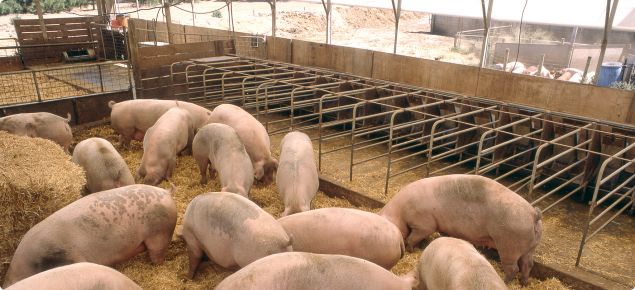Why were these Acts amended?
The Amending Act addresses two issues:
Trespass on agricultural properties
The Amending Act responds to incidents of animal activism-related trespass on agricultural properties in recent years by introducing a new aggravated trespass offence. This offence carries a penalty of two years' imprisonment, a fine of $24,000, or both. The increased penalties are intended to reflect the seriousness of the conduct. For more information about this aspect of the changes, please contact the Department of Justice.
Protecting the welfare of farmed animals
The Amending Act also enables the Department of Primary Industries and Regional Development (DPIRD) to implement a proactive modern inspection regime by giving designated inspectors the power to enter certain places to monitor compliance with the AW Act.
Consultation on the Amending Act showed that many in the community believed that the trespassing of these activists was the only way for animal welfare issues to be exposed. The new powers should give the community confidence that DPIRD inspectors are monitoring compliance with animal welfare legislation at high-risk facilities.
Designated inspectors
The amendments allow the chief executive officer of DPIRD to appoint DPIRD AW Act general inspectors as ‘designated inspectors’. Designated inspectors have the power to proactively inspect abattoirs, knackeries and intensive production places, such as intensive poultry farms and piggeries, to monitor their compliance with the AW Act. The amendments to the AW Act only apply to these intensive places and facilities; they do not apply to farms where animals can graze in the open or to residential places.
Previously, the AW Act only permitted inspectors to enter these places by consent, under a notice where no objection was made to entry, under a warrant, or where the inspector reasonably suspected that an offence has been, is being, or is likely to be committed at the place.
What happens now?
DPIRD ensures that all inspectors are appropriately skilled, trained and supported to carry out their functions under the AW Act. DPIRD inspectors will be completing additional training to enable them to carry out their functions as designated inspectors. When suitably trained and appointed, designated inspectors will begin carrying out a risk‑based, pro-active inspection regime.
Designated inspectors will be required to act in accordance with DPIRD’s regulatory compliance approach and DPIRD’s biosecurity protocols.

